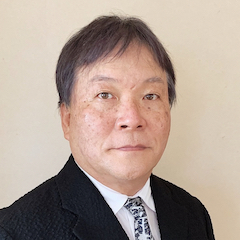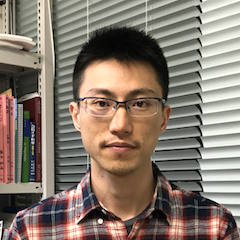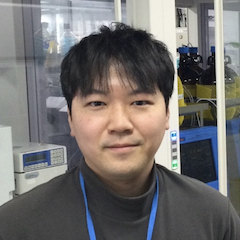MEMBERS
-
 Takuzo Aida University Distinguished Professor
Takuzo Aida University Distinguished Professor- 03-5841-7251
-
 Takayuki Miki Project Lecturer
Takayuki Miki Project Lecturer- 03-5841-4369
-
 Kiichi Mizukami Project Assistant Professor
Kiichi Mizukami Project Assistant Professor- 050-3502-5569
Recent Publications
Research
“Innovative functions through molecular design” is our basic concept to realize a paradigm shift in science and technology. We pioneer material sciences with supramolecular chemistry for a sustainable future and healthcare. We are at the UTokyo Hongo Lab (Kao Corporation Donation) and RIKEN, welcoming graduate students.
Supramolecular Polymers and Their Applications :
Can we leave behind a hopeful planet for future generations? Waste plastics are placing a tremendous burden on the Earth. We must urgently solve this issue and halt the progression of global warming. The Aida Laboratory has been at the forefront of supramolecular polymer research, pioneering the development of polymers in which monomers are dynamically linked through reversible bonds, leading the field globally.
Recently, we have achieved significant breakthroughs, including: (1) Self-healing polymer glass that, despite being highly robust, can self-repair at room temperature, eliminating the need for recycling. (2) Supramolecular plastics (Science 2024) with the highest mechanical strength ever recorded for an organic material, yet fully recyclable back to monomers and biodegradable in marine environments. (3) Fluorinated nanochannels (Science 2022) that enable ultra-fast desalination of seawater, addressing the global freshwater shortage.
Drug Delivery Systems Utilizing Molecular Glue and Molecular Machines :
We are developing intelligent drug carriers that respond to endogenous disease-related substances and deliver drugs with spatiotemporal precision. This is achieved using “molecular glue”, which strongly adheres to proteins, nucleic acids, and biological membranes, as well as intracellular molecular machines.
Intracellular De Novo Peptide Synthesis and Its Application :
We are pioneering new approaches in cell engineering by synthesizing de novo peptides inside cells using plasmid DNAs. These peptides accumulate intracellularly in response to environmental changes, leading to functional expression.
Rapid Separation of Mutant Nucleic Acids and Proteins :
Rapid separation of DNA and RNA sequences differing by only a single nucleotide is crucial yet highly challenging in the development of nucleic acid therapeutics. We have discovered that this can be achieved using ammonium sulfate and glass plates (Nature 2024). We aim to expand applications to protein separation and automation for practical implementation.
